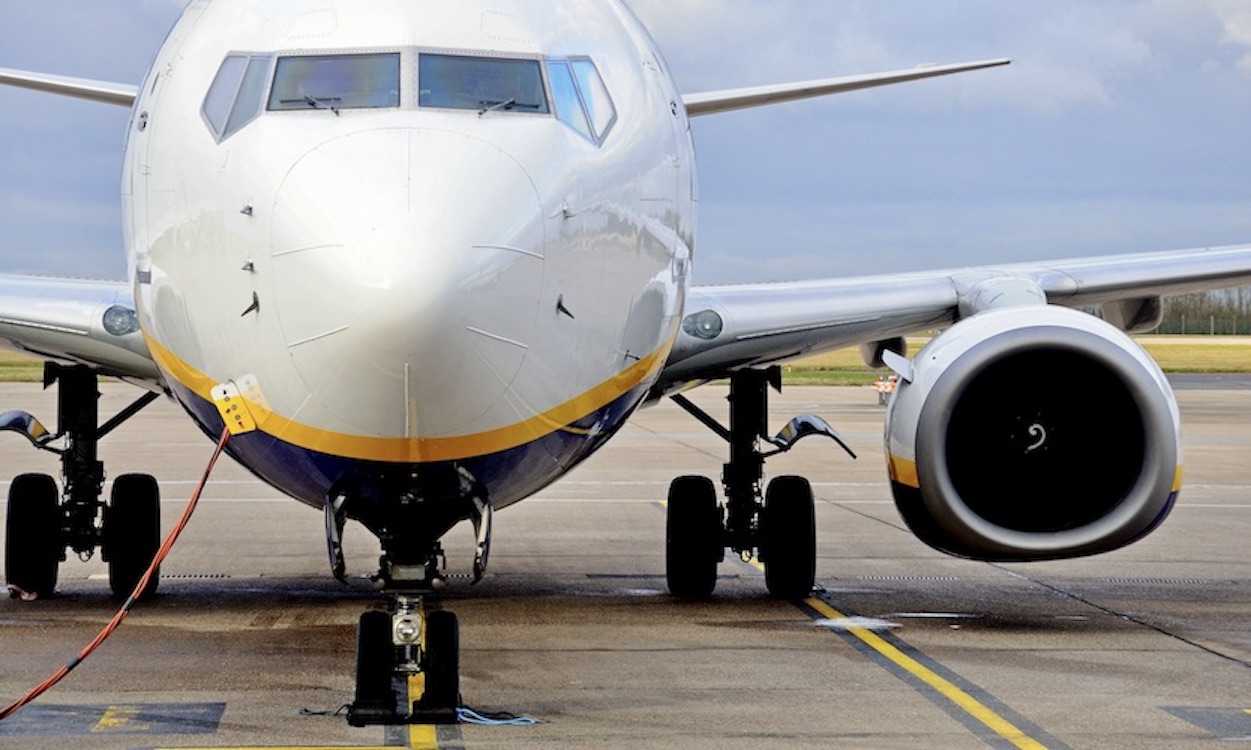The Boeing 737 Max, a narrow-body twin-engine airliner, was announced on August 30, 2011. At that time, Boeing’s stock closed at $62.80 (August 26, 2011). By May 31, 2019, the stock had surged to $341.61—nearly a six-fold increase. In 2018, Boeing reported $101.1 billion in revenue, largely fueled by the commercial success of its bestselling passenger jet: the 737 Max.
The Competitive Race with Airbus
In 2006, after Airbus announced the A320 Enhanced program, Boeing began considering a replacement for its 737 airliner. When Airbus officially launched the A320neo (“New Engine Option”) on December 1, 2010, Boeing responded by announcing the 737 Max program on August 30, 2011. Instead of designing an entirely new aircraft, Boeing opted to re-engine the existing 737, add split-tip winglets, and make airframe modifications. This decision allowed Boeing to accelerate production and compete directly with Airbus’s fuel-efficient model without the cost and time of developing a clean-sheet design like the Boeing 787 Dreamliner.
The race was intense. Airbus delivered its first A320neo to Lufthansa on January 20, 2016, while Boeing made its first 737 Max delivery to Malindo Air on May 16, 2017. By October 2017, Airbus had delivered 90 A320neos, falling short of its 200-plane target due to Pratt & Whitney engine supply delays.
The First Flights and Fatal Crashes
The first commercial flight of the Boeing 737 Max occurred on May 22, 2017. Less than two years later, the aircraft suffered two catastrophic crashes:
- Lion Air Flight 610 – October 2018
- Ethiopian Airlines Flight 302 – March 2019
In total, 346 lives were lost. Following these tragedies, aviation regulators worldwide grounded the 737 Max fleet.
MCAS: A Hidden and Flawed System
A central controversy involves Boeing’s Maneuvering Characteristics Augmentation System (MCAS). Installed to counteract aerodynamic changes caused by the 737 Max’s larger engines and altered placement—which increased the aircraft’s angle of attack—MCAS was designed to automatically push the nose of the aircraft down to prevent stalls. However, Boeing failed to disclose the existence of MCAS to pilots and did not include it in operational manuals.
According to The Washington Post, Dennis Tajer, spokesman for the Allied Pilots Association, said: “They (Boeing) describe a system in the aircraft that we have never heard of before called MCAS… that for us was a shock because that’s not in our book.”
Further compounding the problem, MCAS relied on input from a single angle-of-attack (AOA) sensor—a design decision criticized by aviation experts, including aeronautical engineer Bjorn Fehrm, who told The New York Times: “That’s not a good engineering system… that’s where they screwed up royally.”
Boeing’s Knowledge and Failure to Act
Boeing knew as early as 2017 that the AOA disagree alert was not functioning in most 737 Max aircraft. The alert only worked when paired with an optional AOA indicator—installed in just 20% of delivered planes. The remaining 80%, including the two crash aircraft, lacked this indicator. Despite this, Boeing claimed the alert was not essential to safe operation and withheld this information from both pilots and the FAA.
Legal and Financial Fallout
Boeing’s actions have led to global scrutiny, loss of consumer trust, and significant financial consequences. Garuda Indonesia became the first airline to officially cancel its 737 Max order, worth $4.9 billion at list prices. The company faces numerous wrongful death lawsuits, and if any proceed to trial in U.S. courts, Boeing could be liable for billions in punitive damages.
Justice for the Victims
The families of the 346 victims of Ethiopian Airlines Flight 302 and Lion Air Flight 610 deserve answers, accountability, and justice. Boeing’s choice to prioritize speed-to-market and cost savings over transparency and safety serves as a sobering reminder of the dangers of corporate greed in the aviation industry.
Contact The Majlessi Law Firm
If you have lost a loved one in the Boeing 737 Max crashes, you may have legal rights to compensation. The Majlessi Law Firm in California represents wrongful death victims nationwide and is committed to holding corporations accountable for negligence and misconduct.
📞 Call us today:
(310) 724-6222 – Los Angeles
(415) 629-0109 – San Francisco
Submit your case online for a free, confidential consultation with an experienced wrongful death attorney.
Disclaimer: This content is for informational purposes only and does not constitute legal advice. Please consult a licensed attorney regarding your specific case.

